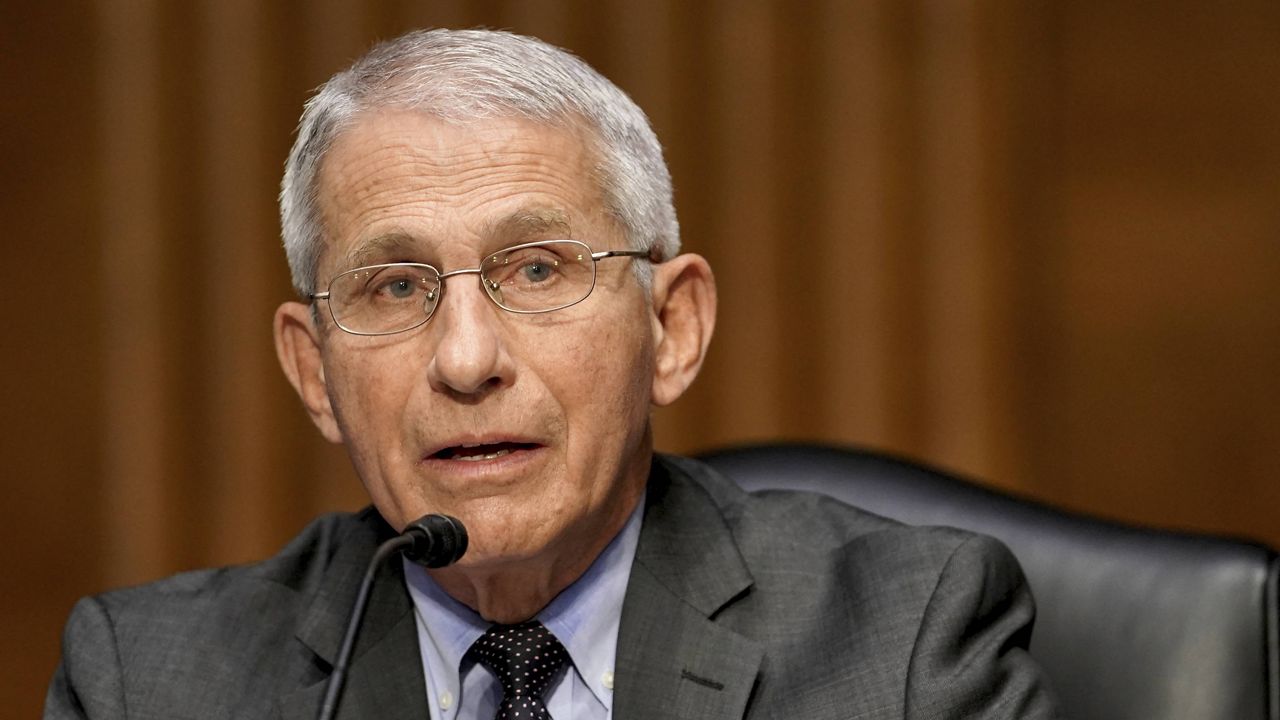U.S. health officials are discussing the possibility of reducing the recommended amount of time that people should isolate after testing positive for COVID-19, Dr. Anthony Fauci, the federal government’s top infectious disease expert, said Monday.
What You Need To Know
- U.S. health officials are discussing the possibility of reducing the recommended amount of time that people should isolate after testing positive for COVID-19, Dr. Anthony Fauci said Monday
- Currently, guidance from the CDC says people who are infected with COVID-19 should isolate for 10 days after symptoms first appeared (or after a positive test if asymptomatic)
- But some health experts say the CDC should consider shortening the isolation period or rely more on testing to end it
- Fauci said part of the consideration in the discussions is getting much-needed health care workers back into hospitals to help respond to the latest COVID-19 surge
Current guidance from the Centers for Disease Control and Prevention says people who are infected with COVID-19 should isolate for 10 days after symptoms first appeared (or after a positive test if asymptomatic). At the end of the 10 days, they can end their isolation if they have gone at least 24 hours without a fever and other symptoms are improving. The recommendation applies to both vaccinated and unvaccinated people.
But some health experts say the CDC should consider shortening the isolation period or rely more on testing to end it, especially as some early evidence suggests that people may recover from COVID-19 caused by the omicron variant sooner than past versions of the virus.
Fauci, director of the National Institute of Allergy and Infectious Diseases and President Joe Biden’s chief medical adviser, said part of the consideration in the discussions is getting much-needed health care workers back into hospitals to help respond to the latest COVID-19 surge.
“If you get a health care worker who's infected and without any symptoms at all, you don't want to keep that person out of work too very long, because particularly if we get a run on hospital beds and the need for health care personnel, that's something that at least will be considered,” Fauci told CNN’s “New Day.”
Fauci stressed that no decision has yet been made.
While his answer largely focused on health care workers, a change in the CDC guidance could potentially impact other industries as well as schools.
Fauci also was asked Monday about people who might not take the omicron threat seriously because of early reports suggesting it is not as severe as other COVID-19 strains.
“Everything is relative,” he said. “When you say less severe, you're still going to get a lot of people who are going to get sick and be in the hospital. They may be less, relatively speaking, than with other variants, but that doesn't mean that you're completely exempt from getting serious illness.
“So it is ill-advised to be cavalier about it and say, ‘Well, who cares if I get infected?’”
The seven-day average for new daily infections is 132,659, more than double what it was in late October. The CDC said Monday that 73% of new infections have been caused by the omicron variant.



